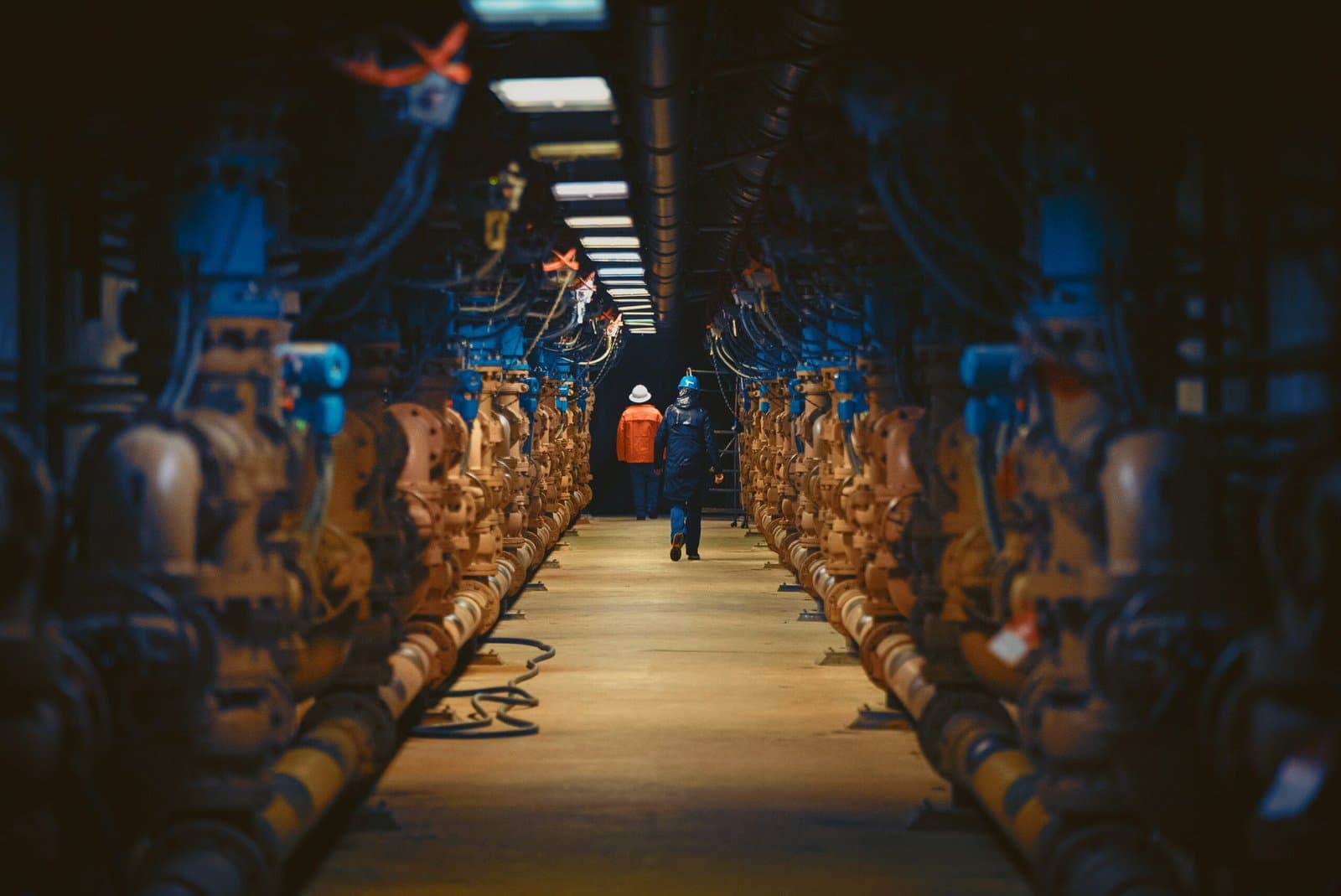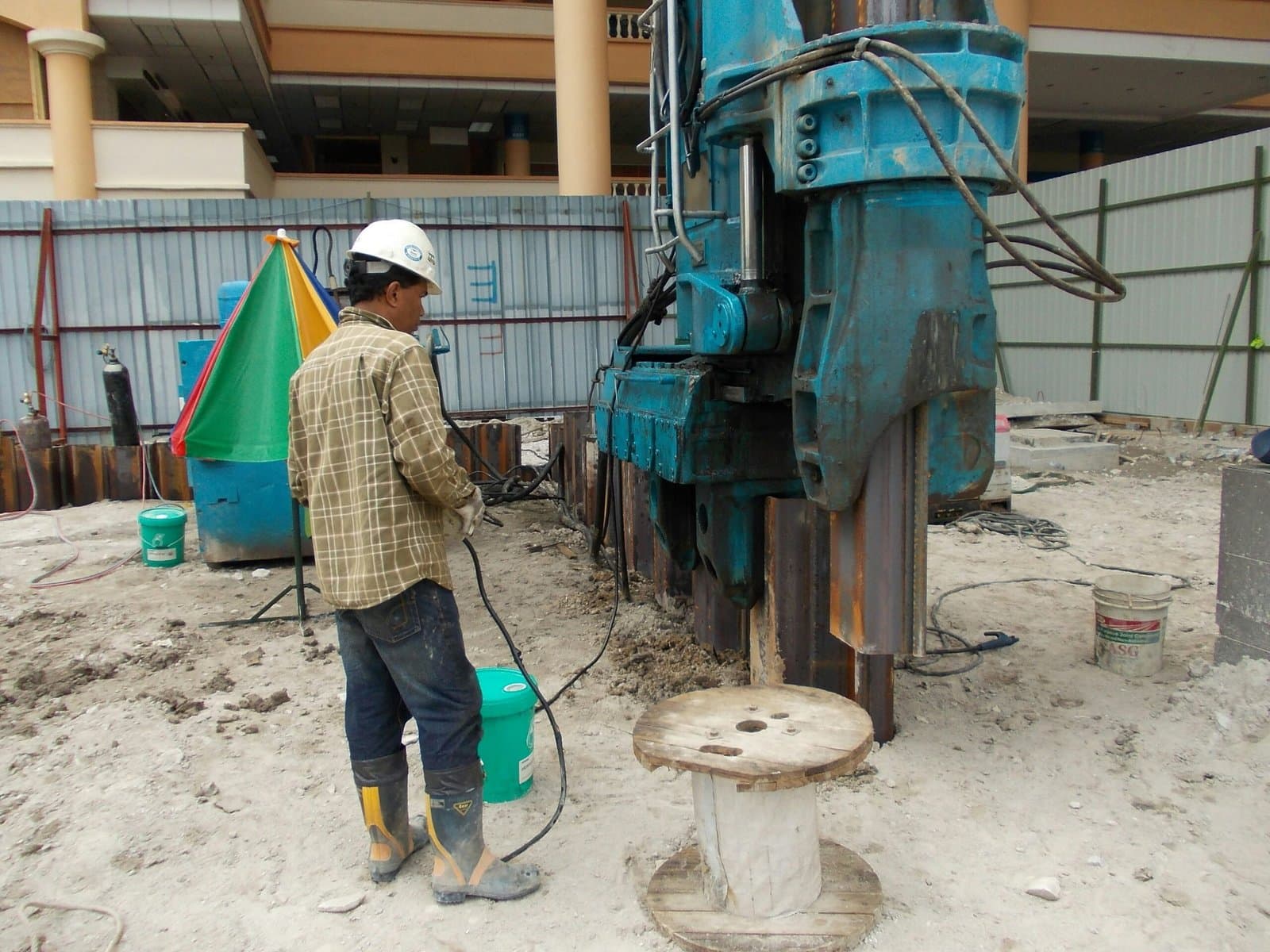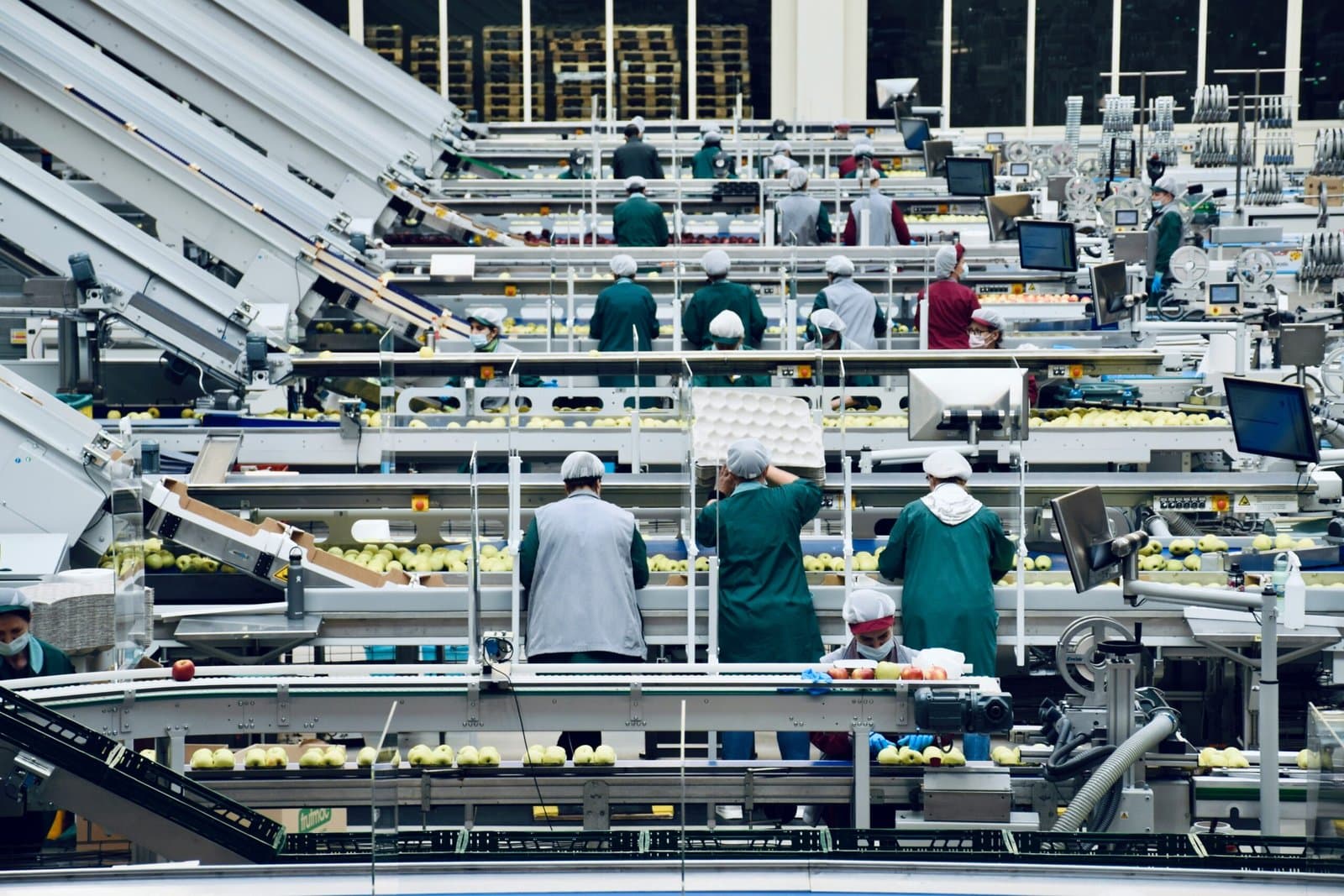Commercial Building Maintenance: Minimizing Waste

In the ever-evolving landscape of commercial building maintenance, waste reduction is becoming a top priority for building owners, facility managers, and property management companies. From reducing material waste to improving energy efficiency, adopting sustainable practices can lead to significant cost savings and environmental benefits. This blog explores key strategies for waste reduction in commercial building maintenance, backed by data and industry insights.
The Impact of Waste in Commercial Building Maintenance
Commercial buildings generate a substantial amount of waste, from packaging materials and old equipment to excess energy consumption. According to the U.S. Environmental Protection Agency (EPA), commercial buildings in the U.S. generate approximately 7.6 billion tons of construction and demolition (C&D) waste annually, with a significant portion coming from maintenance activities. Additionally, 30% of materials delivered to construction sites end up as waste. Reducing this waste not only benefits the environment but also enhances operational efficiency.
Key Strategies for Waste Reduction
1. Implement a Preventive Maintenance Plan
Preventive maintenance reduces waste by extending the lifespan of equipment and building materials. Regular inspections, timely repairs, and proactive maintenance prevent unnecessary replacements, lowering material waste and costs. For example, proactive HVAC maintenance can improve efficiency by up to 40%, reducing energy waste and the need for premature replacements.
2. Optimize Energy Consumption
Energy waste is a major concern in commercial buildings. Facility managers can implement energy-efficient strategies such as:
- Upgrading to LED lighting, which uses 75% less energy and lasts 25 times longer than incandescent bulbs.
- Installing smart thermostats and energy management systems to reduce heating and cooling waste.
- Conducting regular energy audits to identify inefficiencies and implement corrective measures.
3. Prioritize Sustainable and Recyclable Materials
Using sustainable materials in maintenance projects reduces environmental impact and waste. Strategies include:
- Recycling old fixtures, carpeting, and building materials instead of sending them to landfills.
- Choosing low-VOC (volatile organic compound) paints and adhesives to improve indoor air quality and sustainability.
- Sourcing materials from responsible suppliers that offer recycled and eco-friendly products.
4. Improve Waste Management and Recycling Programs
An effective waste management system ensures that materials are disposed of responsibly. Facility managers can:
- Set up on-site recycling programs for paper, plastic, and metal waste.
- Partner with waste management companies to ensure proper disposal of hazardous materials.
- Use composting programs for organic waste in dining and kitchen areas.
5. Water Conservation and Waste Reduction
Water waste is another overlooked area in commercial buildings. Implementing water-saving initiatives can significantly reduce waste, such as:
- Installing low-flow faucets and toilets, which can reduce water consumption by 30-50%.
- Using rainwater harvesting systems for irrigation and non-potable uses.
- Conducting regular plumbing inspections to detect leaks and prevent water waste.
Industry-Specific Waste Reduction Approaches
While general waste reduction strategies apply across the board, different industries have unique challenges:
- Office Buildings: Reducing paper waste through digitization, optimizing HVAC systems for efficiency, and implementing recycling programs.
- Retail Spaces: Minimizing packaging waste, using energy-efficient lighting, and implementing take-back programs for old products.
- Manufacturing Facilities: Streamlining supply chains to reduce excess material waste, adopting lean manufacturing principles, and ensuring responsible disposal of hazardous waste.
Take the Next Step with APS Industrial Services
Reducing waste in commercial building maintenance is a crucial step toward sustainability, cost savings, and operational efficiency. APS Industrial Services specializes in providing customized waste reduction strategies for commercial facilities, helping businesses meet sustainability goals while optimizing maintenance processes. Contact APS Industrial Services today to learn how your facility can benefit from a tailored waste reduction plan.
Newsletter
Don't miss a thing!
Sign up to receive daily news
Recent Posts

august 30, 2025
Decommissioning a Facility: How to Turn It into a Profitable Venture

august 25, 2025
Hydraulic Press Maintenance 101

august 18, 2025
Rigging Machinery: The Challenge of Moving and Installing Outdated vs. Modern Equipment

august 16, 2025
Conveyor System Maintenance: 5 Early Warning Signs of Failure

august 14, 2025
Predictive Maintenance: The Smarter Alternative to Costly Reactive Repairs

august 11, 2025